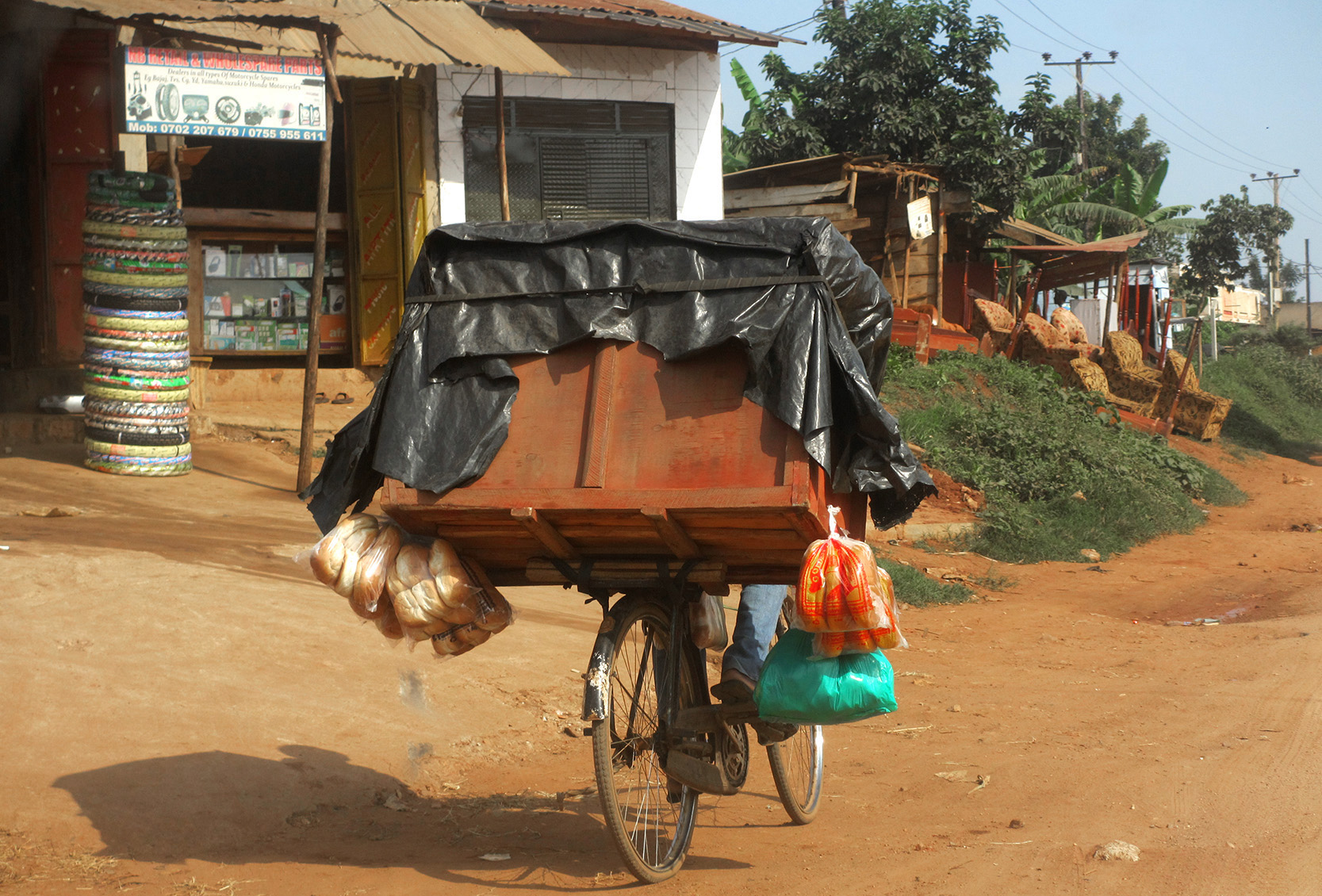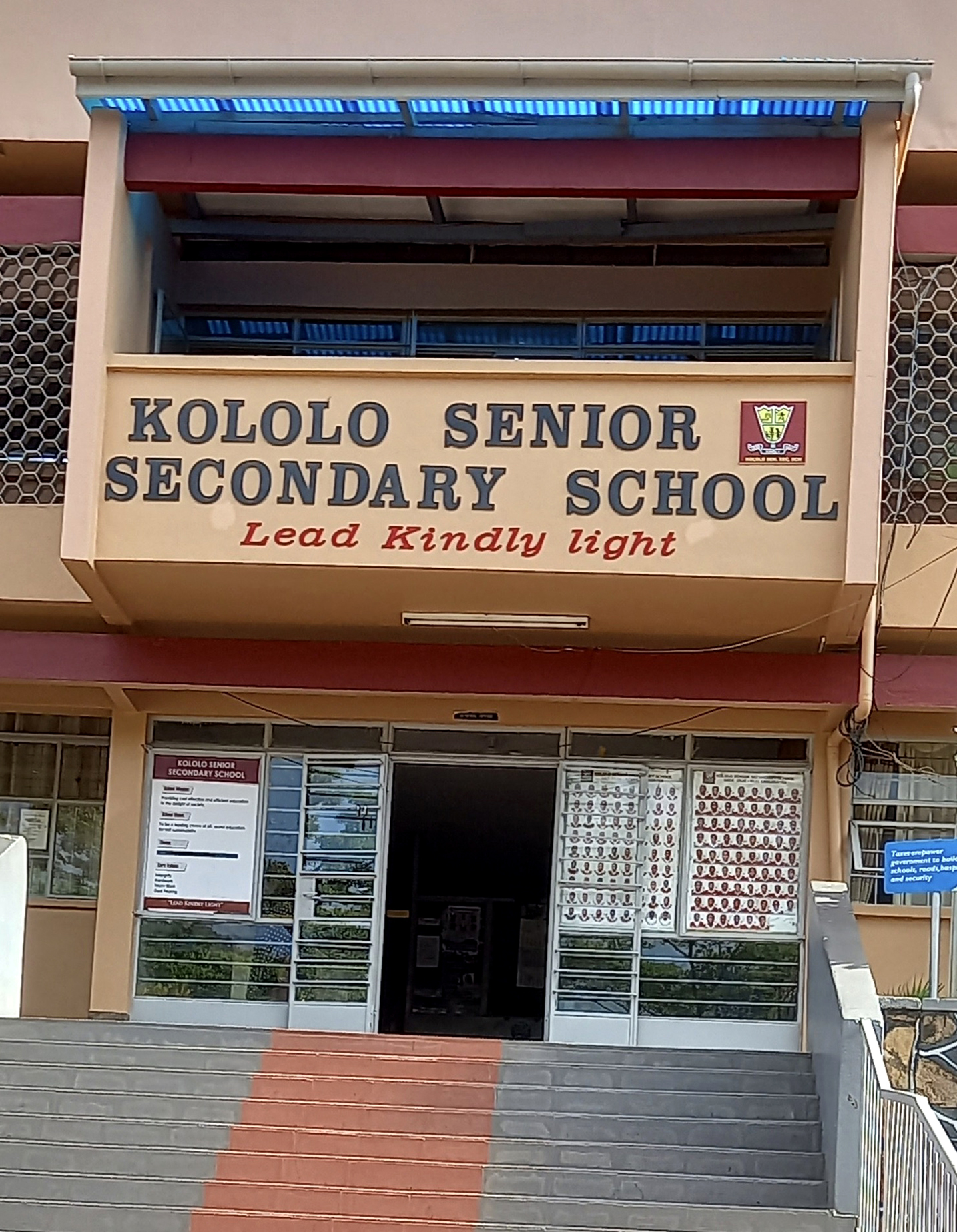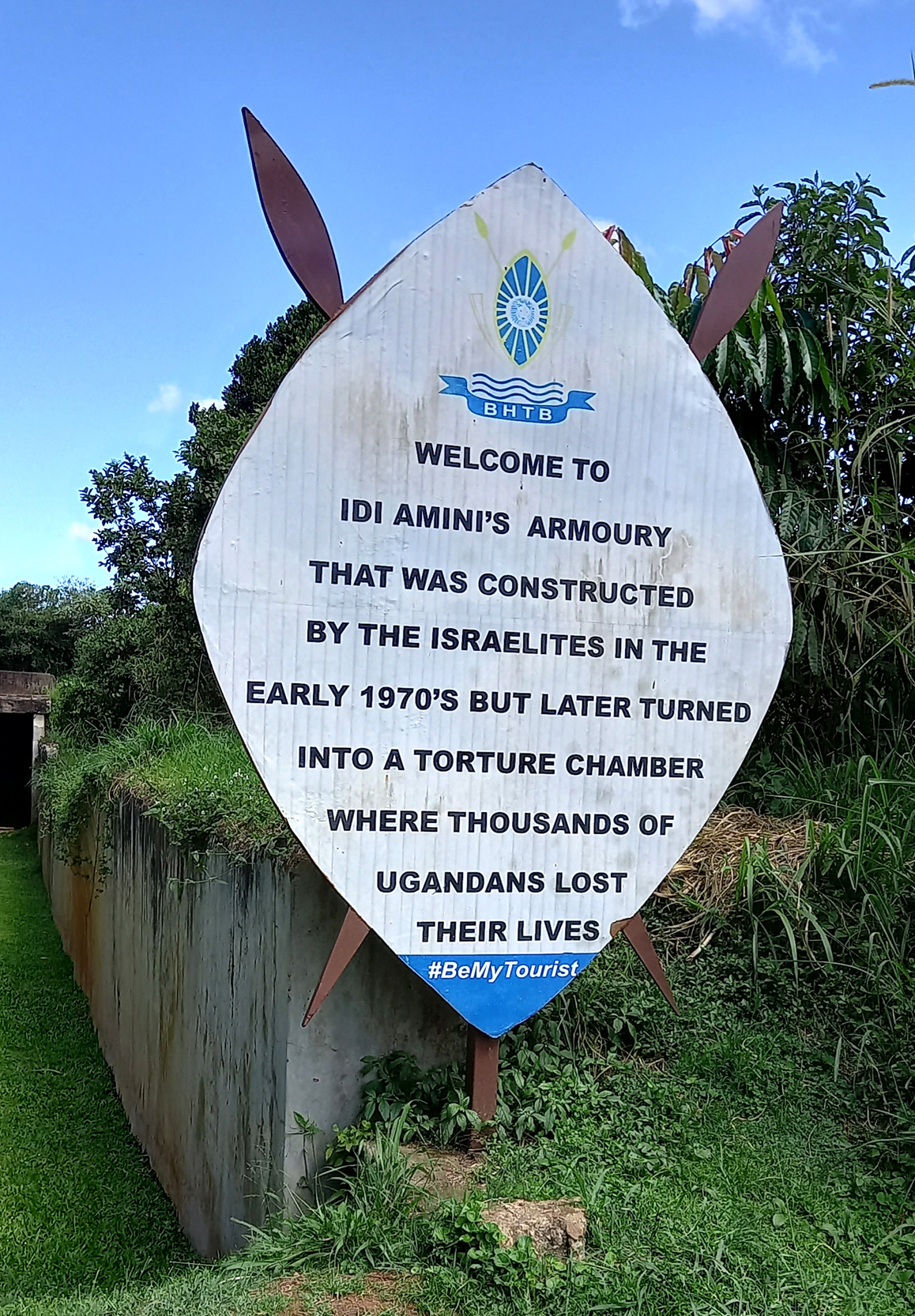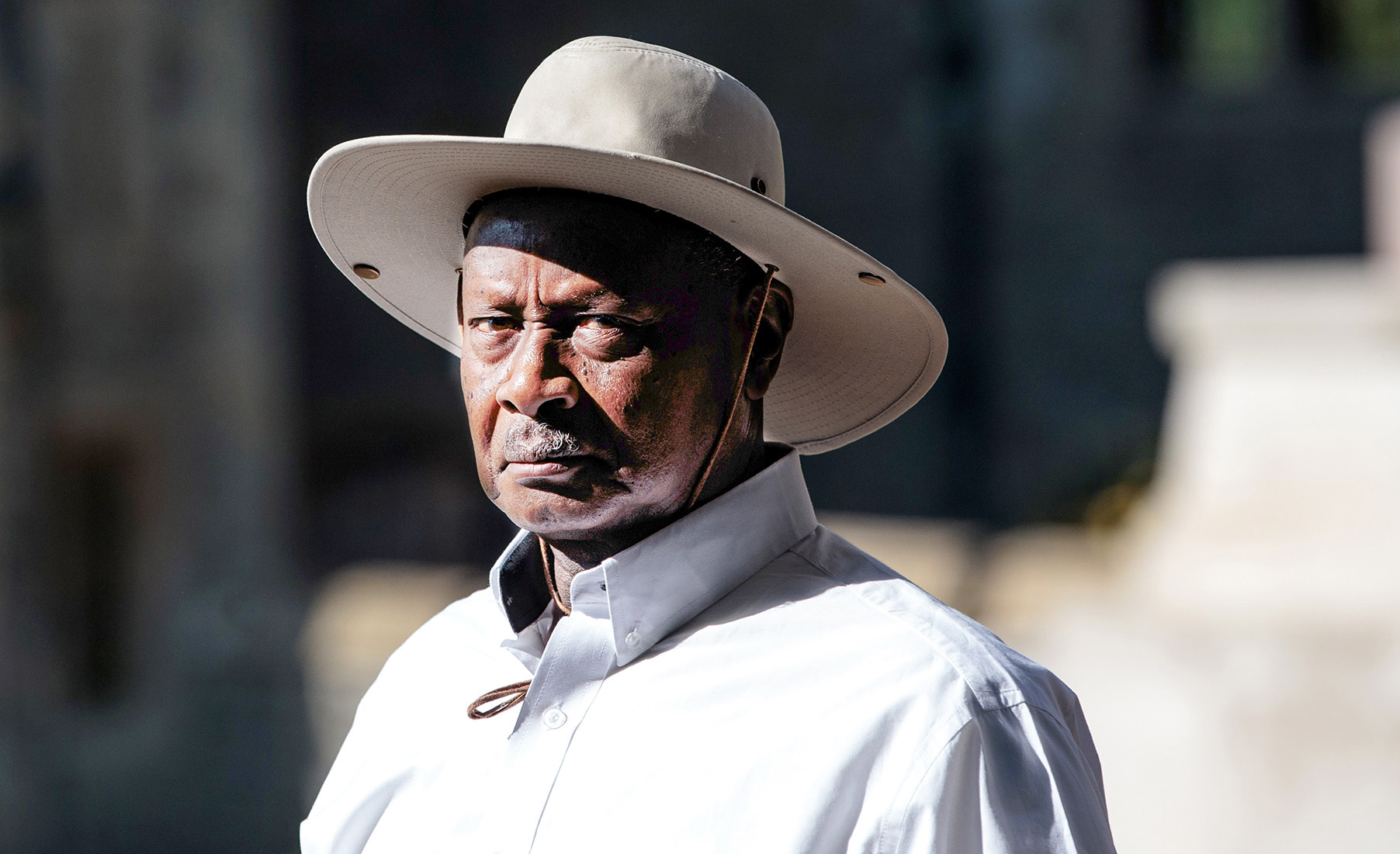ORAL HISTORIES OP-ED
Amin kicked the Asians out of Uganda 50 years ago – I spoke to some who left, remained, or returned

This year marks the 50th anniversary of the expulsion of 80,000 Ugandan Asians by President Idi Amin. Most Ugandans today seem to have little knowledge of the carnage caused by Amin between 1972 and 1979. Going back to Uganda was an opportunity for me to speak to people who never left, and to those who left but have since returned.
In May 2022, I made a trip to Uganda. I have visited several times before, and this time my purpose was to fill in some of the gaps for Expulsion@50, a podcast series I created to commemorate the 50th anniversary of the expulsion of nearly 80,000 Ugandan Asians by Idi Amin in 1972.
There are currently 36 episodes in the bag.
Going back to Uganda was an opportunity for me to speak to people who never left, and to those who left but have since returned. The diverse conversations have given me interesting insights, many of which will be elaborated in season 4.
When I arrived at Entebbe International Airport, the immigration officer noticed I was born in Uganda and said, “Karibu Nyumbani/Welcome Home”.
Where else in the world would one receive such warmth and generosity of spirit from complete strangers?
The hospitality extended to shopkeepers, staff in schools, in restaurants and bars, and was the hallmark of our stay. More importantly, people were keen to give their valuable time to share their experiences, often at short notice, something that is rare in our time-driven lifestyles.
Left and returned
One of the many highlights of our visit was a trip to Lugazi, in the central region of the country. We went there to meet Mahendra Mehta, now aged 90. He is a softly spoken and gracious gentleman.
His memoir, The Call of the Peacock, begins with the journey of his father, who sailed from India to East Africa in a dhow at the tender age of 13. After running different enterprises, his father established cotton ginneries, sugar, tea and coffee plantations, and factories.
Before 1971, Mahendra Mehta never thought of leaving Uganda. He spoke about the insecurities after Idi Amin’s announcement, and how, one by one, all his Indian employees left.
“I was personally escorted out of Uganda in 1972 and set up base in Kenya. In the early 1980s, we were invited back to Uganda. Everything had to be started from scratch.”
Today, the Mehta Group employs more than 8,000 people and provides housing and free medical facilities to 40,000 family members of their employees. The estate is a wonderfully kept green village with well-designed and manicured gardens, sports grounds, and sugar cane fields as far as the eye can see. They also have a 60-bed hospital and provide education to more than 6,000 children in Lugazi.

Mahendra Metha and Dolar Vasani. (Photo: Urmila Patel)
“I have spent most of my life in Uganda and feel deep affection for this land of my adoption,” he said.
Another highlight was meeting the self-made entrepreneurs, tenacious and resilient, who had the desire to succeed.
Today, the Ruparelia Group, which has more than 25 companies, is the largest conglomerate in Uganda. Sudhir Ruparelia, a larger-than-life character, was generous with his time and openly shared his life experiences.
With a history of four generations in Uganda, he never wanted to leave, but circumstances dictated otherwise.
He left Uganda as a teenager in 1972. He had many different jobs and hustled his way round England, returning to Uganda in 1985, aged 29, with$25,000. He said: “England never felt like home. There was something missing in my life.” He spoke about the open economy in Uganda.
“Today, success is all dependent on one’s own fate, and not because you’re Indian or African.”
Raman Keshwala was very young at the time of the expulsion. His father decided to take the family back to their village in Gujarat, India. Since returning to Uganda in the early 1990s, he has built up the Keshwala Group, one of the largest transport distribution companies, employing more than 5,000 people.
Like Sudhir, he saw opportunities around every corner, akin to what the early settlers experienced. He is optimistic about Uganda’s future, particularly after the discovery of oil and gas around Lake Albert. He also sees investors from other countries reaping the benefits.
“Uganda is a safe country and offers immense opportunities. However, one cannot compete against the Chinese, who have acquired ‘favourable status’ in Africa that is negotiated directly by their government.”
He added that South Asians currently make up less than 1% of the population yet contribute 60% of the corporation tax in Uganda.

Keshwala Group, one of the largest distribution companies in Uganda.
(Photo: Dolar Vasani)
Those who stayed
Fluent in Kiswahili and Lwo, Hussein Lira (88 years) spoke warmly about growing up in Lira and his decision not to leave in 1972. About 28,000 Asians who were Ugandan citizens qualified for “Red Cards”, which permitted them to stay in the country.
“Many left because of fear, but I never experienced anything. I’ve always been happy to stay here.”
His rootedness to the country and his feeling that Uganda is “home” have not waned.
Similarly, Mohammed Manji, who was in Mpigi, 40km southwest of Kampala, remained and continued trading, supplying fuel and other commodities to government departments.
“Some of our people treated the Africans very badly. The expulsion was a painful lesson for them.”
He continued playing sports and taught his African friends to play volleyball. He was also the goalie and the only Indian in the Mpigi Stars football team.
Uganda today
Uganda is not what it was 50 years ago.
Today, greater Kampala hosts a population of close to four million, compared with 350,000 back in 1972. Gone are the endless rolling green hills all the way to Lake Victoria on the horizon. Instead, the city is a sprawling, unplanned building site – chaotic and messy with poor road infrastructure, nightmare traffic jams and more than 200,000 boda-boda motorcycle taxis luring many young people to the first rung of self-employment.
There are no beggars, and the streets are buzzing day and night with formal and informal traders.
Once upon a time, all of these shops were owned by Indians. Today, more than 80% of retail trade is black-owned. And there is no fear of movement or constantly looking over one’s shoulder, as one experiences in many other countries. Perhaps the endless hustle and bustle on the streets creates social control and contributes to a natural crime-prevention strategy?

Uganda has a vibrant informal sector. (Photo: Dolar Vasani)
Uganda also has one of the youngest populations in the world, with 77% under the age of 30. While this can be an asset, it puts tremendous pressure on education and social services.
During a visit to Kololo Senior Secondary School, once a prestigious school in Kampala, we heard that the average class consists of 80 students.
Edward Kanoonya, the head teacher, was very candid: “There is too much pressure on the teachers and on the school buildings. Those who can afford it, send their children to private schools.” Around every corner is a private school, and education today is a lucrative business.

Kololo Secondary School. (Photo: Dolar Vasani)
Legacies
Amin has been called many things over the years, most of them justifiably negative. Unknown to many, the unpredictable butcher, brutal dictator and buffoon was also a sports fanatic.
Vicky Byarugaba is an accomplished fighter and coach whose boxing career thrived during the Amin presidency. Aside from winning the 1978 Africa Games, he represented Uganda at the 1984 Olympics in Los Angeles. “While it was an oppressive government, all sports thrived during that time because the president was totally committed, investing vast resources.”
He said the country has immensely talented sportspeople, but investment is now sorely lacking, especially at grassroots level.
Most Ugandans today have little knowledge of the carnage caused by Amin between 1972 and 1979.
Nabatanzi Yudayah is a guide and historian at the Idi Amin Torture Chamber/“museum” in Lubiri, Mengo, just outside the capital. Once the palace of the king of Buganda, it is believed that more than 200,000 people were tortured and killed in the chambers, then thrown into the Nile and Lake Victoria.
“We have no formal record or plaque with the names of the deceased, and so their relatives never had a proper closure. It is important to educate young people about our tragic past.”

Torture Chamber sign. (Photo: Dolar Vasani)
Young people only know Yoweri Museveni as the president of Uganda, someone who has maintained an iron grip on power for 36 years. What we saw on massive roadside billboards was a picture of Lieutenant-General Muhoozi Kainerugaba, Museveni’s son, celebrating his 48th birthday. One was left wondering what message this intends to communicate.

Billboard depicting the 48th birthday of President Museveni’s son. (Photo: Dolar Vasani)
History will judge the Museveni presidency and his legacy. Whatever that may be, despite the trauma and burden of history, I left the country of my birth feeling humbled by the generosity, hope and graciousness of its people.

President of Uganda Yoweri Museveni arrives at Windsor Castle for a retreat with other Commonwealth leaders on the final day of the ‘Commonwealth Heads of Government Meeting’ on 20 April 2018. (Photo: Jack Taylor / Getty Images)
DM/MC
Dolar Vasani is the creator of Expulsion 50, season 4 of which goes live on 10 July 2022 and is available on Anchor.fm and YouTube.


















 Become an Insider
Become an Insider
My childhood home was in Uganda from 1953 – 1969. As the son of a colonial era senior civil servant (my father was Chief Currency Officer of Uganda) I had a privileged upbringing, firstly in Kampala then for 14 years in Jinja. The Asian community owned & ran most of the shops as well as many other businesses, big and small. There were two large rival family owned conglomerates that had their bases in or near Jinja – the Metha & Madhvani groups – the patrons of both of which my father knew. I can well remember watching millions of shillings worth of old paper currency, that had been removed from circulation, being destroyed in huge boilers at Madhvani’s sugar factory in Kakira.
Idi Amin was also based in Jinja at that time in the 4th Battalion KAR. Another clear memory was watching him play rugby for the local Nile RFC. Although he was the only black player, he was very popular and would join us kids drinking Coke on the veranda of the rugby club after a match; he was not welcome in the bar with other players, some of whom were his superior officers in the army! My father, like many other former British expats in East Africa, initially welcomed Amin’s takeover in 1971, thinking he would be much better for the future of Uganda
than Milton Obote. How wrong they all were!
It has been extraordinary to see so many of the Asians families who were kicked out of Uganda in 1972 with nothing, subsequently return to pick up what was left of their lives… and succeed!